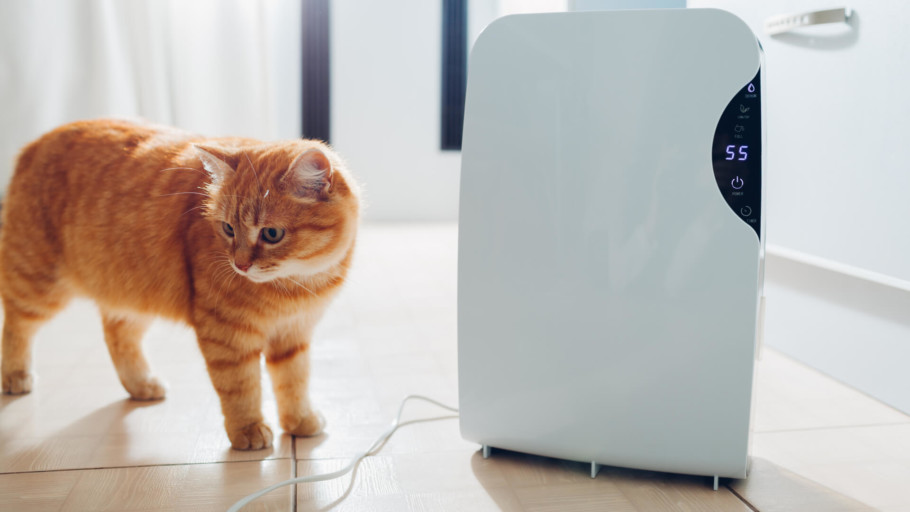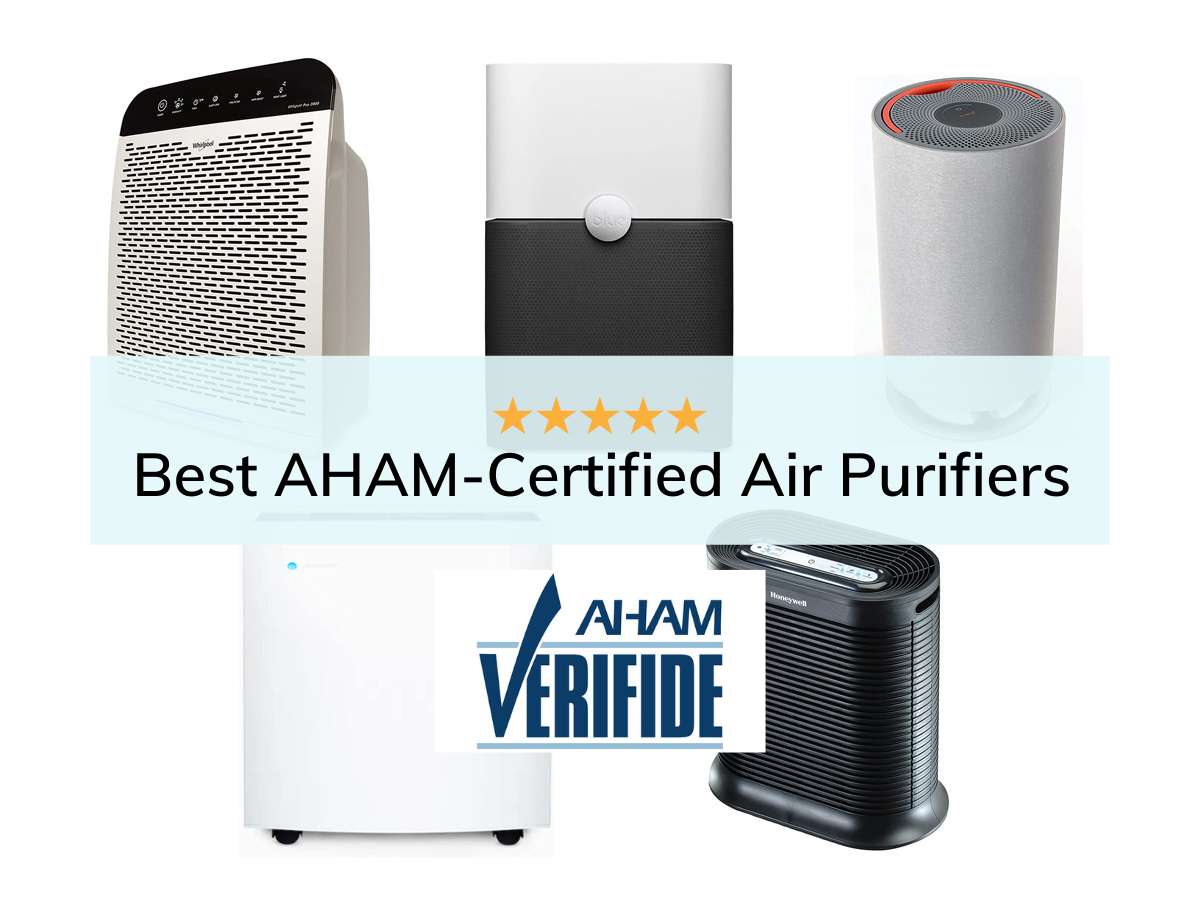6 Ways to Choose the Right Air Purifier
There are so many excellent reasons to purchase an air purifier. They have several benefits. Air purifiers can help remove contaminants and toxins from the air. If you suffer from allergies or have pet dander in your home, air purifiers can help clean that air. Air purifiers can even help clean the air from homes that have been smoked in.
We will discuss how to choose the right air purifier for your home. This will help you narrow down different features. If you’re looking for the best air purifier for cigarette smoke 2021 or just a basic model, we can help! With several options in the market, it’s good to know what to look for.
Air Purifier Guide
This article will provide a helpful guide for your shop. We’ll discuss what air purifiers do. We will also outline the different types of air purifiers and what contaminants these machines can’t remove.
Types of Air Purifiers
There are six main types of air purifiers. These include:
-
Mechanical filter purifiers. These purifiers feature pleated filters or fine mesh, which are HEPA filters. HEPA filters are some of the best. They can remove 99.97% of particles from the air. The one downside to these purifiers is that they cannot remove odors or gases from the air.
-
Activated carbon filters. Many air purifiers come with specialized activated carbon filters. These filters have additional benefits. Activated carbon can clean volatile organic compounds, or VOCs, from the air. VOCs are released from aerosol sprays, paints, and other household products. This can reduce odors and harmful chemicals in the home.
-
Electronic purifiers. These purifiers have surfaces that attract particles. These particles will then stick to the purifier, almost like a magnet. These are not widely used, as they can produce ozone.
-
UVGI. UVGI stands for ultraviolet germicidal irradiation. These purifiers include ultraviolet lamps that claim to kill airborne illnesses. Airborne illnesses are any disease or illness that can be passed throughout the air. For example, if an infected person is in the same vicinity, the air they breathe can become contaminated. There is some debate whether these are strong enough to be effective.
-
Ozone generators. These are not highly recommended. Ozone generators produce ozone, which can actually change the pollutants in the air. Ozone generators can worsen some lung disorders. Regardless, the technology behind these machines is impressive.
-
Photocatalytic oxidation. These purifiers use both ultraviolet radiation and a photocatalyst. An example of a photocatalyst is titanium dioxide. It is believed that these purifiers can still create harmful ozone.
How to Choose the Right Air Purifier
Now that you’re educated on purifiers, you’re ready to choose the right one. There are some things you should look for as you shop for an air purifier. This list will help you find the perfect purifier for your home.
1. Room Size

Air purifiers will come with a room-size rating. You want to ensure that you buy an air purifier that is large enough for the space you need it to work in. You must get a strong enough purifier for the room it’ll be in. Otherwise, it will be able to clean the air effectively.
The air purifier should come with a size range in square footage. To determine the size of your room, multiply the width by the room's length. This will give you how many square feet the space is. Generally, a small purifier is good for up to 200 square feet. A medium air purifier can work up to 400 square feet. Large purifiers can be used in a room up to 1500 square feet.
2. Unit Price

Any purchase you make should be within a comfortable price range. It’s important to consider what works for your pocketbook before buying. An air purifier isn’t cheap upfront. The price of a unit can be costly. You can expect to spend anywhere between $200 to $900 for an air purifier.
When you buy an air purifier, go in with a reasonable budget. From there, consider what features you want. This will help you find the best bang for your buck.
3. Maintenance Cost

There are different things to consider when purchasing. The upfront cost of the unit is one thing. However, there are maintenance costs of running an air purifier as well. While the upfront cost may vary, you may also find the requirements for running the purifier are different.
Air purifiers require filters. Some filters are more costly than others. For example, activated carbon filters are very popular. They help to remove VOCs from the air. However, activated carbon filters are expensive. Look how much replacement filters will cost.
Another thing to consider is the annual energy cost. Consider getting an Energy Star certified model. This will minimize the costs of running the unit. Otherwise, the unit can use a significant amount of power. You may be able to justify a pricier model upfront if maintenance costs are more affordable.
4. Noise Level

Air purifiers can come in two different noise colors: pink noise versus white noise. White noise is what many people use to sleep. Pink noise is more subtle. It runs at a higher frequency, which makes it deeper. Different air purifiers will have different sounds.
If it’s important to you that your air purifier is very quiet, then look for one that runs at a low decibel level. Pink noise is more likely to become drowned out in the background. We will begin to become immune to pink noise. Consider the noise level of your air purifier to ensure you won’t become irritated by it running all of the time.
5. Specific Needs

Our needs are not one-size-fits-all. Consider what the specific needs of the occupants are. Some households have pets, whereas others have cigarette smokers. You may want to purchase an air purifier for cigarette smoke or allergens. This will help you narrow down what purifier is best for your home.
6. Is It Certified?

Air purifiers are an investment. Furthermore, they can help the air quality in your home! Because of this, you want to ensure they are worth every penny. The best way to do this is to make sure they are certified. Some certifications to look for are:
- Energy Star
- AHAM Verified seal
What Air Purifiers Do
Air purifiers have several properties and benefits. They can drastically improve your health. We will outline three main things that these machines do.
1. Reduce Germs
We are instructed to clean hard surfaces in our homes. Bacteria, viruses, and germs can live where we can’t see them. It’s possible to kill some of these germs on surfaces with cleaners. However, they can also live in the air. These microorganisms can be breathed in. This can cause illness, disease, and allergies. An air purifier is the only way to remove these organisms from the air. This will eradicate harmful bacteria and eliminate illness! An air purifier will actually remove the particles from the air and sanitize them.
2. Minimize Odors
Having your house smell like freshly baked cookies is enjoyable. However, it isn’t always feasible. Cooking things like fish or onions can lead to an unpleasant, lingering scent. But, it doesn’t stop there! Dirty laundry or wet pets can also have a strong odor. This can be difficult to get rid of. While room sprays will add particles to mask the smell, they won’t actually clean the smell from the air. Air purifiers can accomplish this. The air purifier will remove the odor from the air and clean it. This is especially helpful for cigarette smoke. This odor is a highly potent smell. Choose an air purifier for cigarette smoke for a more pleasant-smelling house.
3. Clean Air
The air we breathe has a significant impact on our health. Small particles, toxins, and pollutants can be inhaled. This can cause illness, disease, and damage to our lungs. By cleaning the air, we will improve our overall health. This ensures that only pure air gets into our lungs. This can improve lung function, minimize allergy symptoms, relieve asthma, and prolong lifespan.
What Air Purifiers Don’t Help With
While air purifiers have many benefits, there are some things they can’t do. It’s important to be mindful of this. Knowing their limitations will help you remain safe in your home. The following are contaminants that air purifiers won’t sanitize:
-
Mold and mites. While air purifiers can help limit mold spores from the air, they cannot eradicate mold or mites. If you have this problem, it’s important to get it professionally addressed.
-
Carbon monoxide. This gas can be lethal. An air purifier isn’t strong enough to remove it from the air. To avoid carbon monoxide poisoning, have a specific carbon monoxide detector. If you suspect a leak, exit the home and call the authorities.
Conclusion
Hopefully, this article has helped you shop for the best air purifier for cigarette smoke 2021! By looking for the best air purifier for your needs, you'll have a cleaner-smelling and safer home. Air purifiers are worth the investment. They will reduce germs, minimize odors, and clean your home's air. You'll make the best purchase by making sure you have the proper considerations while shopping!